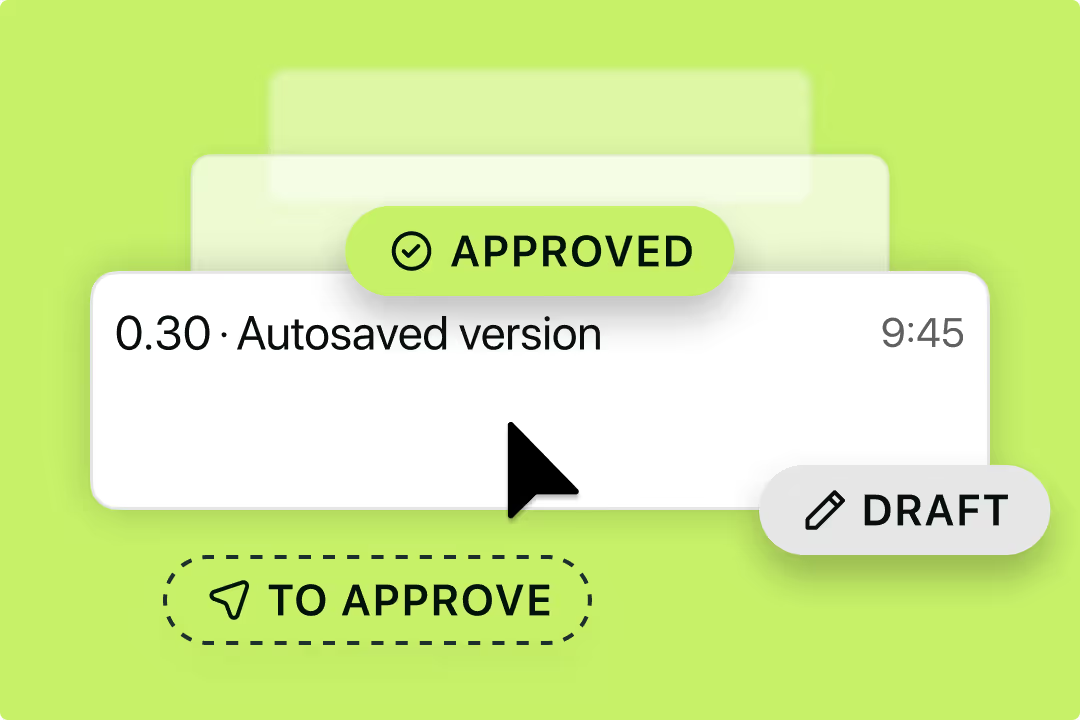Solutions
Customer Support
Resources
When you think of contracts, you probably think of hand-drafted documents packed with legalese. But what about agreements that aren't captured using pen and paper? Can they be valid, too?
Let’s find out.
A verbal (or oral) contract is a contract that’s made in person, on the phone, or in any other way that’s spoken, but isn’t written down.
You might think that a verbal contract isn’t binding. But you’d be wrong. Verbal contracts are capable of carrying just as much weight as written ones.
Don’t worry though – this doesn’t mean a casual conversation about doing someone a favour could get you taken to court for breach of contract. So let’s find out what makes a verbal contract legal, and how they’re enforced.
Just like written contracts, verbal contracts are capable of being legally binding. However, they must contain certain elements to make them valid. What these contract requirements exactly depend on which country you’re in.
However, certain elements are consistent across all legal systems. This post focuses on the UK and the US mainly, so if you’re somewhere else you’ll need to check the laws in your country.
Interestingly, for a verbal contract to be legally binding within the UK, it needs to fulfil the same requirements as a written contract does. This means that, for a verbal contract to be legally binding within the UK, it must include:

Meanwhile, for a verbal agreement to be legally binding in the US, the contract must include:
Let’s look at some examples of verbal contracts in practice to get a better idea of what they are and how they work.
Robert and Anna are having dinner, and he asks her to lend him some cash to get a new bathroom fitted. She agrees, as long as he pays her back by the end of the year with 10% interest. That’s our offer and acceptance, consideration and intention to be legally bound, which makes it a valid verbal contract.
Now let’s say Robert says he’ll write all the details down into a proper contract when he gets home, which he then forgets to do. The verbal agreement still applies. And Anna could take him to court if he doesn’t pay her back on time, or refuses to pay the 10% interest. Or vice versa if she refuses to lend him the money.

There are also examples of verbal contracts being enforced in courts in real-life, too. One of the most famous cases where this happened is the Pennzoil Co v. Texaco case.
In 1984, a company called Getty Oil was sold to Pennzoil through an oral agreement. But it was later sold to Texaco for a higher offer. Pennzoil filed a lawsuit against Texaco alleging that they’d broken an oral agreement. They won, and were awarded a $9.1 billion settlement plus interest and penalties – then the biggest award of damages in US history.
Although it is possible for verbal contracts to be legally binding, not all types of contracts can be created verbally and upheld. For instance, there are some contracts that have to be in writing to make them legally binding. In the US this includes:
In the UK contracts for selling, transferring, or leasing land or property must be in writing to be valid, as well as transfers of shares or intellectual property rights. Basically, if there’s already a pre-existing written contract, then you’ll need another written contract to make changes to that.
If you’re not sure if you need a contract to be in writing, it’s always worth checking with a legal professional.
The big issue with not having a contract in writing comes down to us humans and our bad memories. If something goes wrong with a verbal contract, one party could claim they remember their obligations as being something different.
Let’s go back to our bathroom example from above. Robert could claim that he only agreed to pay Anna 5% interest, or even that she said the loan was interest-free. Or Anna could argue that the conversation never took place at all, so there was no verbal contract and she doesn’t have to lend him the money.

For this reason, disputes about verbal contracts can be messy and difficult to prove (although not impossible, as Pennzoil Co v. Texaco shows). If you want to prove that a verbal contract exists, you’ll have to be able to produce some kind of evidence, for example, notes you took at the time or, better still, an independent witness or two.
Because of this, it’s always best to get something in writing, even if it’s just emails or text messages. A full written contract could save you lots of heartache (and probably some legal bills as well) if the worst happens and the other party reneges on your deal.
Just because a verbal contract might stand up in court doesn’t mean it’s the best way to create a legal relationship. Properly drafted and managed contracts are far more reliable.
If you’re looking for a better way to create contracts, give our all-in-one contract automation platform a try. Fill in the form below to find out more.

Lorem ipsum dolor sit amet, consectetur adipiscing elit. Suspendisse varius enim in eros elementum tristique. Duis cursus, mi quis viverra ornare, eros dolor interdum nulla, ut commodo diam libero vitae erat. Aenean faucibus nibh et justo cursus id rutrum lorem imperdiet. Nunc ut sem vitae risus tristique posuere.

